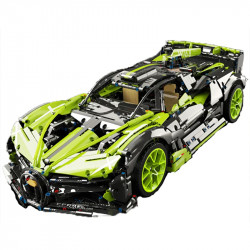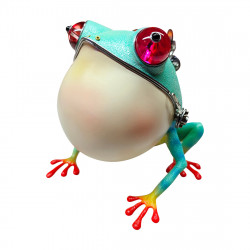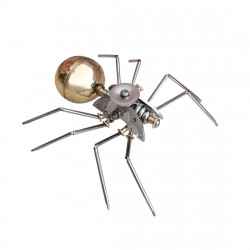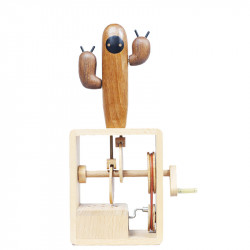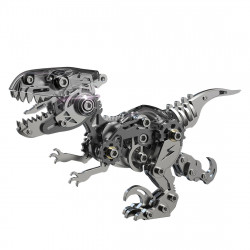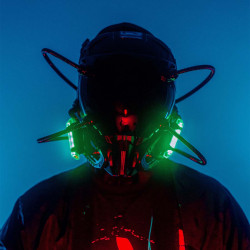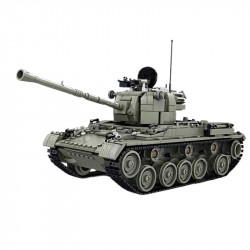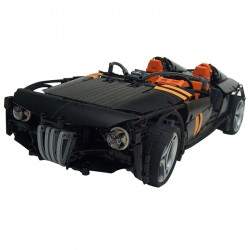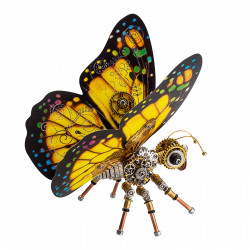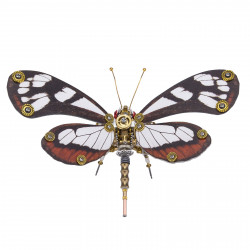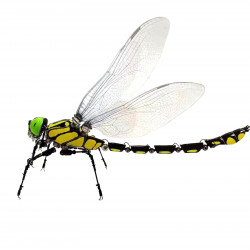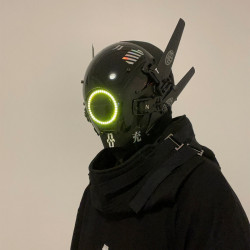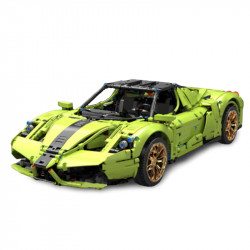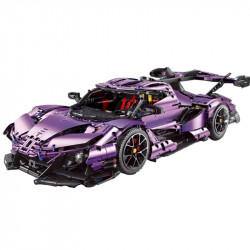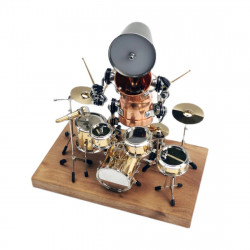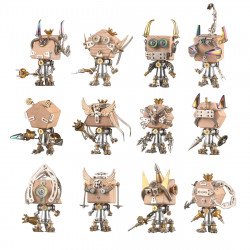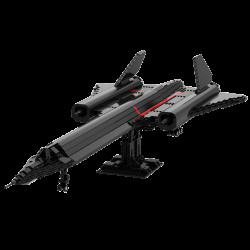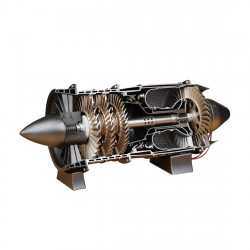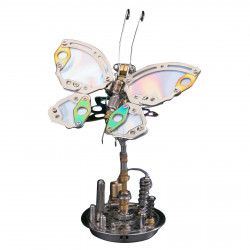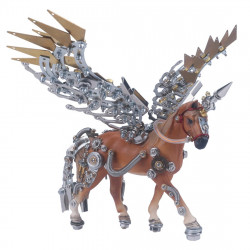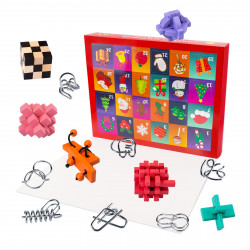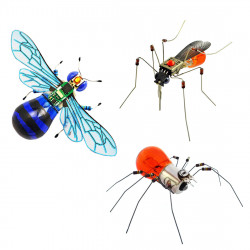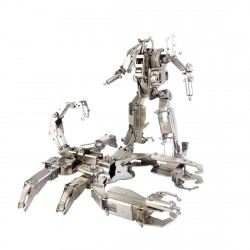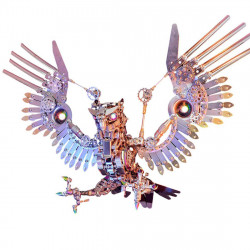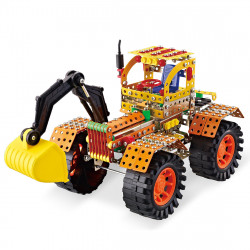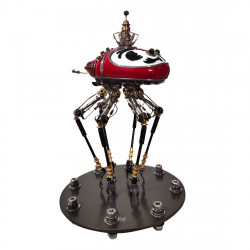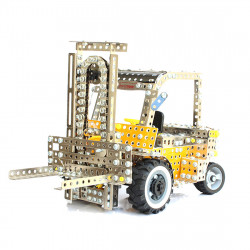why is the IQ of the octopus so high

The magical master in the ocean, why is the IQ of the octopus so high?
Octopuses are the most intelligent species of invertebrates.
An animal's degree of intellect can be determined by counting its neurons. The octopus can be compared to other creatures.
The image above shows that the octopus has more neurons than many animals. This may prove its exceptional intelligence. Naturally, intelligence has nothing to do with the number of neurons in one's body. Elephants, for instance, have three times as many neurons as people.
Once believed to be a skill only humans have, using tools has now been found in many other animals. This includes chimpanzees and parrots. However, this skill is still seen as an indication of great intelligence.
Octopuses can also use tools. Scientists have observed octopuses carrying two broken coconut shells from the beach to the ocean floor. There, they crawl inside, seal the shells, and hide while waiting for food.
It can also escape by unscrewing the bottle cap from the inside, as seen in the picture below.
Another crucial indicator of animal intelligence is the capacity for learning—the subsequent test.
An inexperienced octopus recently captured from the ocean is housed in the tank on the left. It looked at the food inside a glass box with a complex design. However, it could not find the entrance and had no choice.
An experienced octopus with many years of combat experience is in the tank on the right. It deftly located the box's opening and removed the food. The inexperienced octopus saw it and instantly imitated the same strategy, entering the box and enjoying a substantial feast.
The employees of the Ocean Star Aquarium in Coburg, Germany, came across an odd object in 2008. When they arrived at work on the first two mornings, they found that the aquarium's electrical system was broken. The tank was calm and still. The same quiet greeted them the following day when they restarted the system.
On the third day, some staff members chose to keep watch at the aquarium. They took turns sleeping on the floor.
Indeed, the offender showed up. Six-month-old Otto, the octopus, jumps out of the aquarium and points the lightbulb above it with the water hole. Perhaps it's irritated by the lighting, or maybe it's just bored.
"Otto is always hungry for attention, and he's up to new surprises," says director Elfriede Kummer. We once witnessed him making fun of a hermit crab in an aquarium.
We get into another question: why are octopuses so intelligent?
The oceans were dominated by cephalopods approximately 400 million years ago. These enormous animals, which can reach a height of six meters, receive their name because their heads and feet join straight. They use their spiral-shaped shells to shield themselves in the ocean and to float, feeding on shrimp and starfish.
The age of fish arrived later. Cephalopods are no longer at the top of the food chain in marine life. Except for the contemporary nautilus, most species with spiral shells died extinct.
Some cephalopods do, however, lose their shells. Therefore, they are free to investigate strategies for competing with more intelligent and agile fish. These organisms gave rise to the subclasses of octopuses that we now recognize: squid, cuttlefish, and octopuses.
These biological evolutions have made astounding breakthroughs. Their feet separate to produce eight incredibly nimble arms as flexible as thumbs, thanks to their hundreds of suction cups each.
Mather shares a story from a colleague. The colleague found that his octopus removed its own sutures after surgery. This shows the octopus's cleverness.
However, the soft limbs of the octopus make a tasty feast for predators. Therefore, octopuses have evolved into "thinking skin," which takes 0.2 seconds to blend in. In addition to using their skin pigments to alter their colour, these quick-changing artists also use smooth skin texture, arm flexion, and body flexion in their performances. They swing their arms and legs silently like they can blend in like seaweed.
Roger Hanlon, a researcher at Woods Hole Oceanographic Institution, says, "This is not just a simple reflex." "Sharp eyes that function like cameras are also necessary for this response.
Octopuses need massive processing power to operate their arms, suckers, skin, and eyes. Consequently, the octopus's brain is enormous compared to its body size. An octopus's brain contains 500 million neurons, 2.5 times more than a rat's.
Octopuses are often seen as wise creatures. They can predict World Cup results, navigate mazes, twist bottle caps, and even hide in coconut shells to catch their prey.
Unlike simple skills like changing colors and printing camouflage, octopuses have both short- and long-term memory. They can learn new skills through practice and observation. Octopuses also show different emotions and personalities. This is why octopuses are such fascinating animals.
To what extent is your knowledge of octopuses? Consider them to be humorous.
Start by assembling this entertaining octopus model kit, which will captivate you with its eight tentacles and colourful head!

